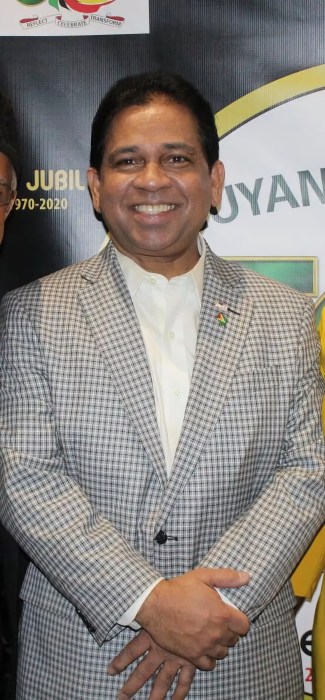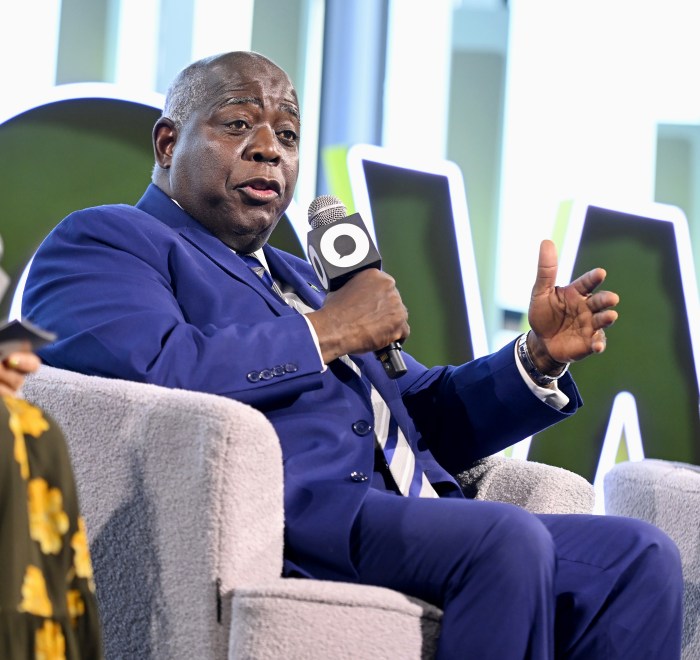Caribbean diplomats say the region faces “the end of history” if rich countries do not raise their ambition to hold temperatures well below two degrees Celcius.
The envoys from the 43 Caribbean, African and Pacific nations, grouped as the United Nations’ Alliance of Small Island States (AOSIS), said, at the United Nations’ climate change talks in Cancun, Mexico, that they face “the end of history”, unless action is taken to stop sea levels rise.
“For us, anything not below 1.5C is a red line,” said Dessima Williams, vice-chair of Aosis, who is also Grenada’s U.N. Ambassador.
“It costs US$4,500 a meter just to protect airports, so we would need hundreds of billions of dollars,” she added.
A new U.N. report says that every country in the Caribbean faces “huge economic losses” caused by rising sea levels over the coming decades.
It says the region will lose hospitals, airports, power plants, multi-million dollar tourism resorts, roads, bridges and farmland.
According to the report by researchers at the Oxford University Centre for the Environment, the damages in the 15 primarily English-speaking Caribbean Community (CARICOM) countries could amount to between US$4 billion and US $6 billion a year.
With infrastructure costs, damage could run into tens of billions in many countries, the report says.
The study, which does not consider the costs of coral loss, or the possibility of increased hurricane or storm activity with climate change, says a rise of 1 meter would result in the sea encroaching by around 100 meters on average in all coastal states in the region.
This loss would force more than 100,000 people to move, erode beaches, contaminate fresh water supplies and decimate or degrade the tourism industry on which most countries have come to depend.
The Bahamas, Suriname, Guyana, Trinidad and Tobago and Belize are expected to suffer the greatest economic losses and damages in absolute terms.
But, proportionately, the loss to smaller states like Grenada, St. Lucia, St. Kitts and Nevis are predicted to be greater, according to the report.
“Some of our countries, like Kiribati, Tuvalu, the Cook Islands, the Maldives and the Marshall islands, are going to drown [if the talks are not more ambitious]. They face the end of history. They are in a desperate situation,” said Antonio Lima, ambassador to the U.N. for the Cape Verde Islands, off the west coast of Africa.
“All of us face disaster. We don’t want to be the forgotten, the sacrificed countries of the 21st century,” he added.
The 43 AOSIS states have strongly rejected suggestions by rich countries that they could use adaptation money to build sea defenses.
They say they cannot compromise on their position, urging the world to hold temperatures to no more than a 1.5C rise rather than the 2C now proposed by Britain, Europe and the US.
“We cannot compromise. But now the rich countries want us to be collateral damage,” said Albert Binger, science adviser to the alliance.
AOSIS will next week announce details of a deal to promote low-carbon economic growth for 17 small island states, backed by a group of developed nations as part of “fast-start” aid for the poor that was agreed at last year’s Copenhagen, Denmark, talks – meant to total U.S. $30 billion from 2010-21.
Although present rates of global sea level rise are not yet approaching one meter per century, scientists say they are accelerating in response to increased global warming.
























